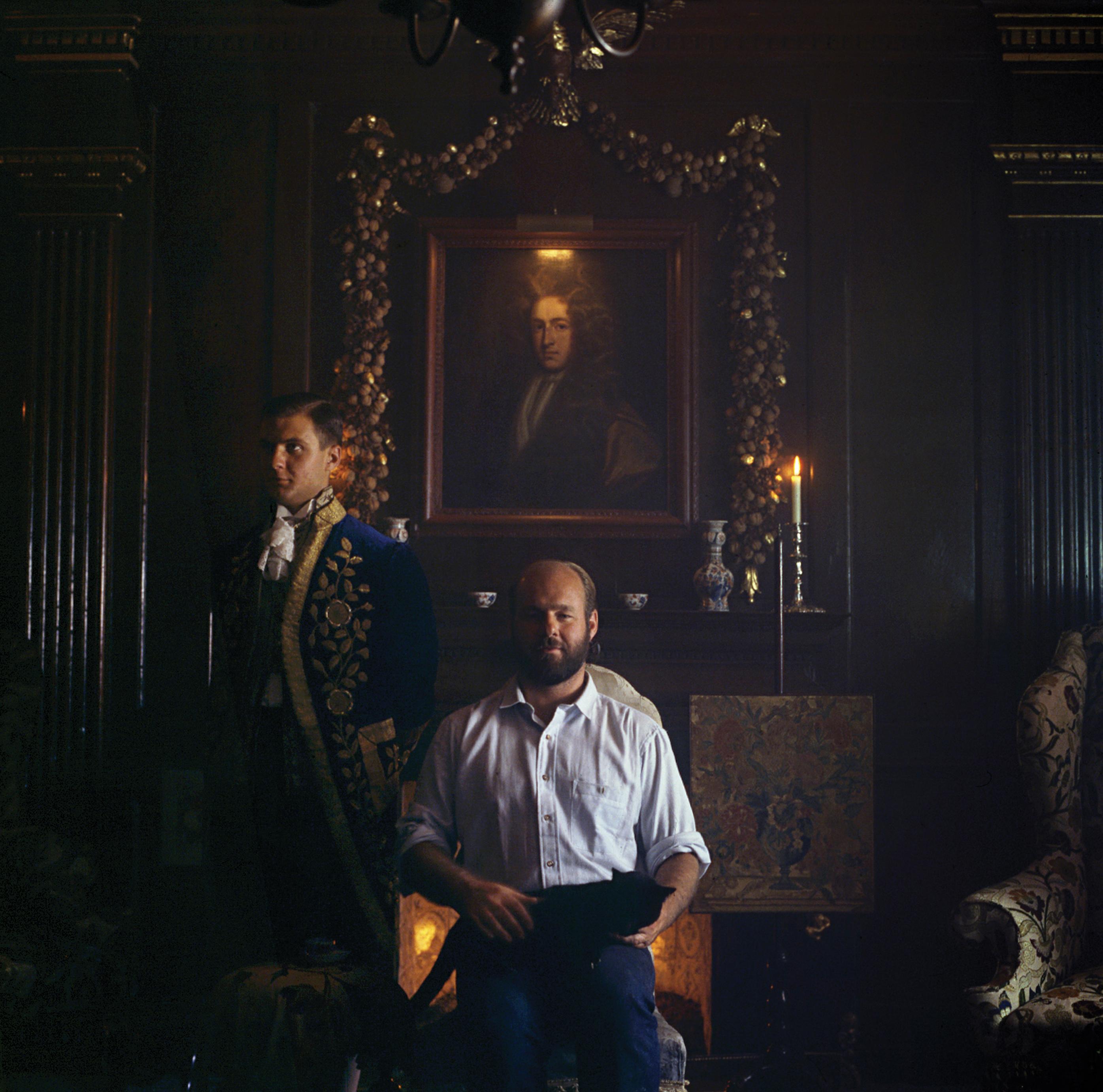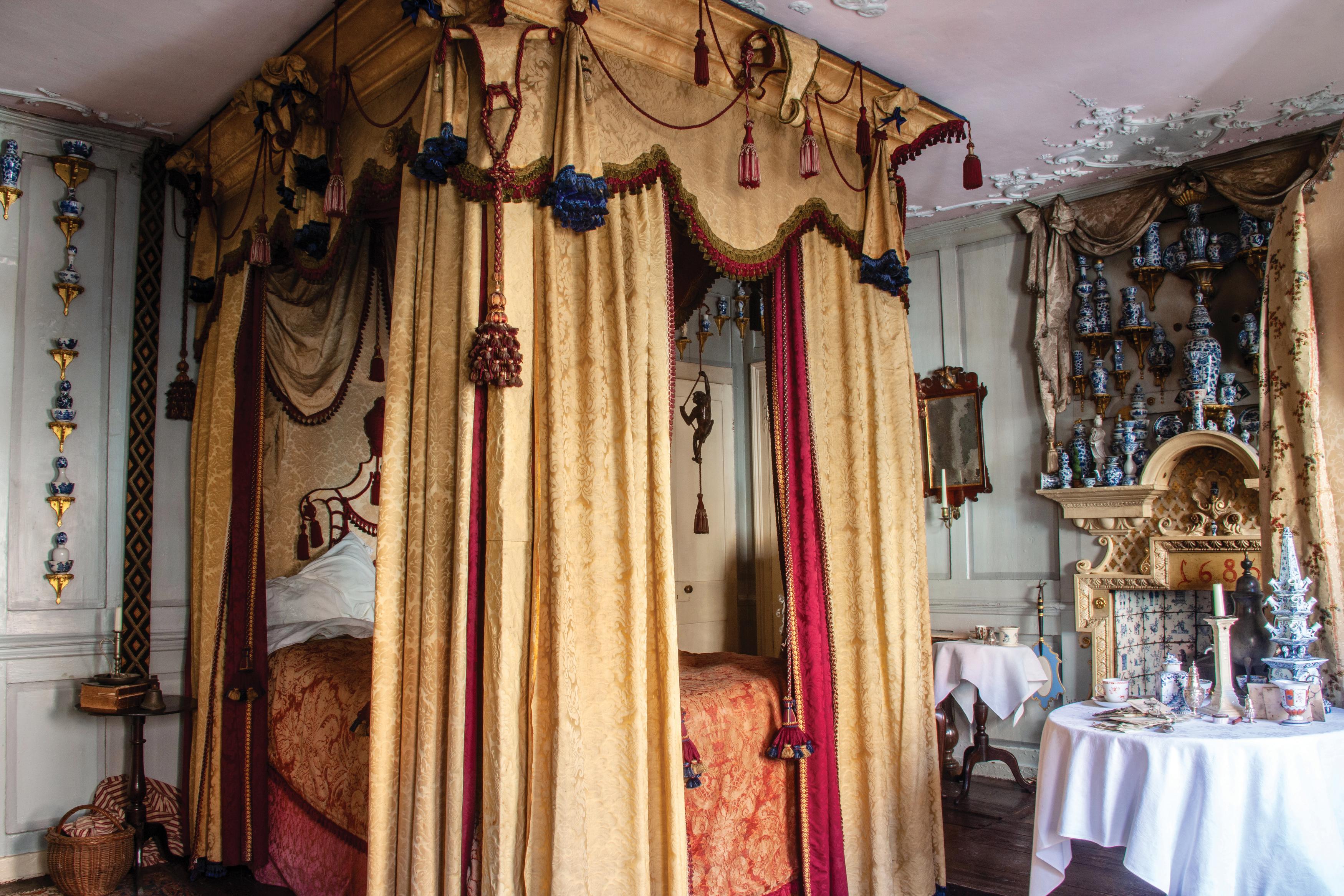Dennis Severs & His House


Dennis Severs & His House
Dennis Severs came to Spitalfields in 1979 and bought a derelict house saved by the Spitalfields Trust. He reconfigured it to tell the story of an imaginary Huguenot family who had lived there since it was built in 1724.
Dennis moved into 18 Folgate Street with a candle, a chamber pot and a bedroll – and the house became his life’s work.
Born in southern California, he grew up loving historical dramas on television and moved to London five days after graduating high school in 1967, describing it as ‘love at first sight’. Ceramicist Simon Pettet came to live with Dennis and contributed his work in the house in the service of Dennis’ vision. From the beginning, Dennis opened his house to visitors and hosted tours for almost twenty years.
Dennis and Simon were two of the first cases of HIV diagnosed in this country. Dennis feared the world he created at 18 Folgate Street would be ephemeral and not survive him. Yet before his death in 1999 he sold his house and its contents back to the Spitalfields Trust, who maintain it today. Some of those who knew Dennis are now involved as trustees.

